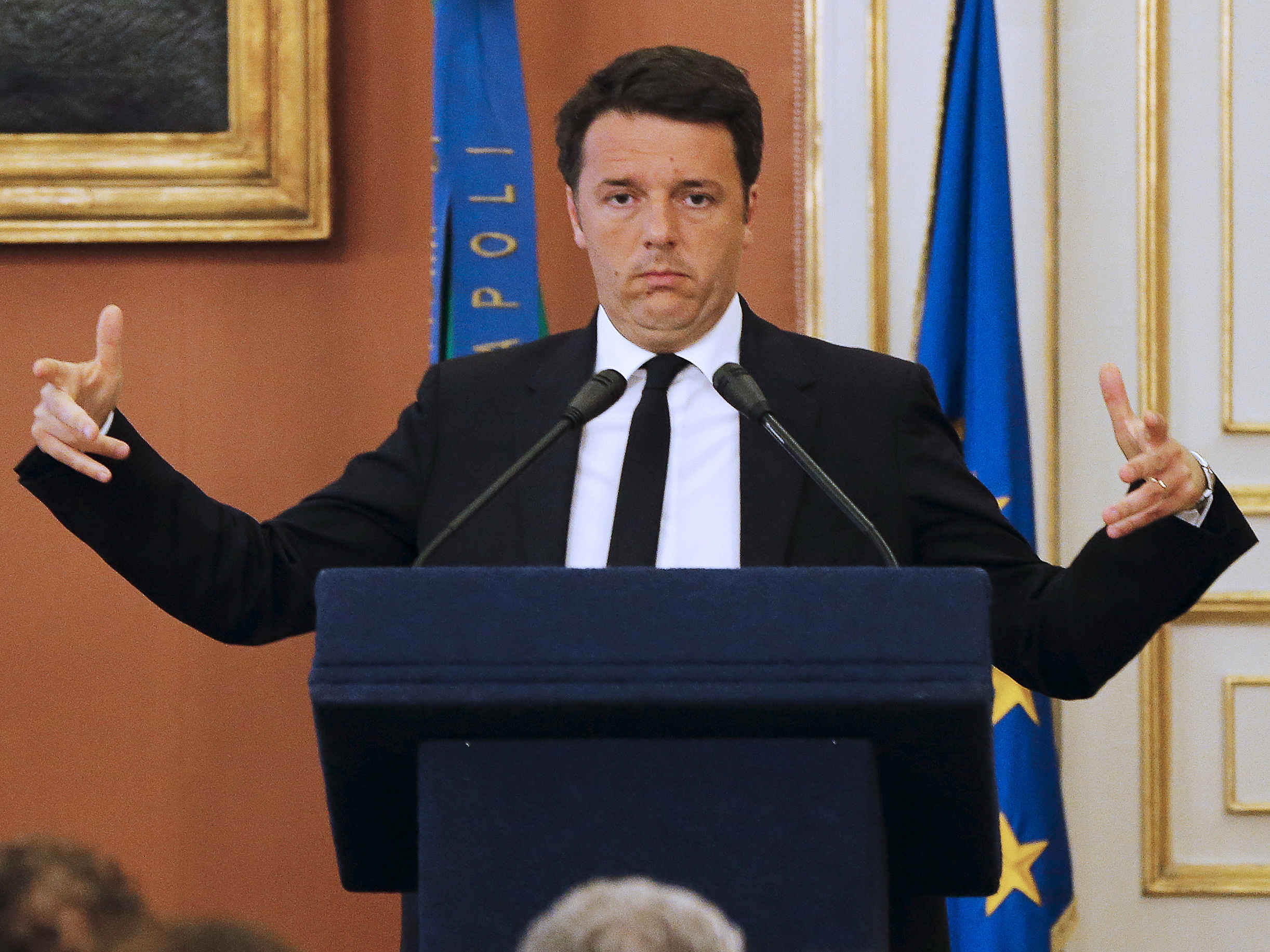The World Economic Forum’s Global Competitiveness Survey looks at the financial health of and risks facing countries around the world.
One of these is how much the public trusts its politicians.
The WEF used its executive-opinion survey to ask, “in your country, how do you rate the ethical standards of politicians?”
A score of 1 equates to “extremely low” while a rating of 7 is “extremely high.”
The measure is therefore based on the perceptions of the population. Absolutely no country scored a 7, although Singapore topped the rankings again for another year with 6.4.
Britain did pretty well with 4.7, and the US came at 40th with 3.9.
We looked only at the 34 OECD (Organisation for Economic Cooperation and Development) countries, which are all considered relatively developed economies with democratic systems, and looked at the 12 that had the worst performing scores.
11. Portugal — 3.0: Portuguese citizens broadly trust their politicians by global standards, but confidence was rocked in 2014 when former Prime Minister Jose Socrates was arrested on corruption charges.

T=9. Slovenia—2.6: The country is still struggling with its transition from Communism 20 years ago. A decline in the management of public spending as well as perceived corruption still damages labour and monetary freedom.

T=9. Czech Republic — 2.6: Czech politics was rocked by a scandal in 2013 when then Prime Minister Petr Necas was investigated for corruption. He was forced to resign as a result of the investigation.

T=6. Latvia— 2.5: Latvians have trouble trusting their politicians, with businesses often complaining of unnecessarily close ties between politicians and some companies, some even believe that public funds are sometimes diverted to companies due to corruption.

T=6. South Korea — 2.5: Political trust is pretty low in Korea by OECD standards, with the sinking of the ship MV Sewol in 2014 a source of much distrust. Korea's political class was heavily criticised for its approach to the disaster, which killed nearly 300 people.

T=6. Hungary— 2.5: Prime Minister Viktor Orban recently received a big boost when Hungarians backed his rejection of EU migrant quotas in a referendum, but trust in politicians in the country is still pretty low.

T=4. Poland: 2.4: Poles lack of trust in their politicians is well illustrated by the consistent lack of engagement by regular citizens, shown in low turnouts during elections in the country.

T=4. Spain— 2.4: Spain has had two general elections in a couple of years. The country hasn't had a functioning government for almost all of 2016, and could see another election before the end of the year. All this suggests that Spaniards have a reason not to trust their politicians.

3. Greece — 2.3: After years of crippling austerity and broken promises from the government, Greeks understandably lack trust in the country's political class.

2. Slovak Republic (Slovakia)— 2.2: Political corruption in Slovakia remains a huge problem. The "Gorilla scandal" that rocked the country in 2011 indicated that politicians, business leaders, and officials routinely take bribes in exchange for private contracts. This sort of thing has understandably stunted trust.

1. Italy —1.9: Italy has had more than 60 different governments since the Second World War, and has recently been rocked by the conviction of former four-time Prime Minister Silvio Berlusconi for tax fraud in 2013.

